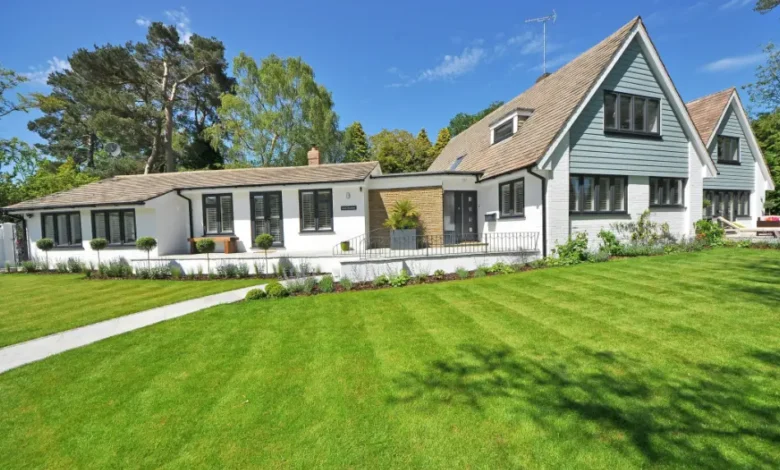Key Considerations for Building Custom Homes: Insights for Home Developers

Building a custom home is an exciting yet complex process that requires meticulous planning and informed decision-making. For home developers, understanding the nuances of custom home construction can significantly impact the success of their projects. This article will delve into the key considerations that developers should keep in mind to ensure smooth and efficient home-building experiences.
In the realm of custom home construction, every decision you make has a long-lasting impact. As a home developer, it is crucial to equip yourself with the right knowledge and tools to navigate this intricate process.
Understanding Client Needs and Preferences
One of the first steps in building a custom home is understanding your client’s needs and preferences. This requires thorough communication and an ability to translate their vision into reality. A successful custom home building company must be adept at balancing client desires with practical considerations such as budget, timeline and local building regulations. Engaging in detailed consultations and presenting well-crafted plans can help ensure that both you and your clients are in agreement from the outset.
What’s more, keeping abreast of the latest trends in home design and technology can provide valuable insights into what potential homeowners might be looking for. Incorporating sustainable materials and energy-efficient designs can also appeal to eco-conscious clients, adding another layer of satisfaction and value to your projects. Ultimately, understanding your clients’ needs will not only make the construction process smoother but also lead to higher levels of client satisfaction.
Navigating Zoning Laws and Regulations
Before breaking ground on any custom home project, it is imperative to have a solid understanding of local zoning laws and regulations. These rules can vary significantly from one region to another and can impact various aspects of your project, including land use, building height, setbacks and even aesthetics. Failure to comply with these regulations can result in costly delays or legal issues that could derail your project.
Working closely with local authorities or hiring experts who specialize in zoning laws can save you from potential headaches down the road. Additionally, it’s essential to stay updated on any changes in legislation that might affect your project. By ensuring compliance from the beginning, you not only avoid complications but also establish a reputation for reliability and professionalism in your field.
Selecting Quality Materials
The choice of materials is another critical consideration when building custom homes. High-quality materials not only enhance the durability and aesthetics of the home but also contribute to long-term client satisfaction. It is worth investing time in sourcing reputable suppliers who offer materials that meet industry standards for safety and performance.
Clients often appreciate transparency regarding material selection, so providing them with detailed information about the options available can build trust and confidence in your services. Incorporating sustainable or locally sourced materials can also resonate well with clients who prioritize environmental responsibility. By focusing on quality from the outset, you ensure that your custom homes stand the test of time.
Managing Budget and Timeline
Effective budget management is crucial in custom home projects where unexpected costs can quickly escalate if not carefully monitored. Developing a comprehensive budget plan that includes contingencies for unforeseen expenses will help keep your project on track financially. Regularly reviewing expenses against your budget allows for timely adjustments, ensuring that you stay within financial constraints while delivering a high-quality product.




